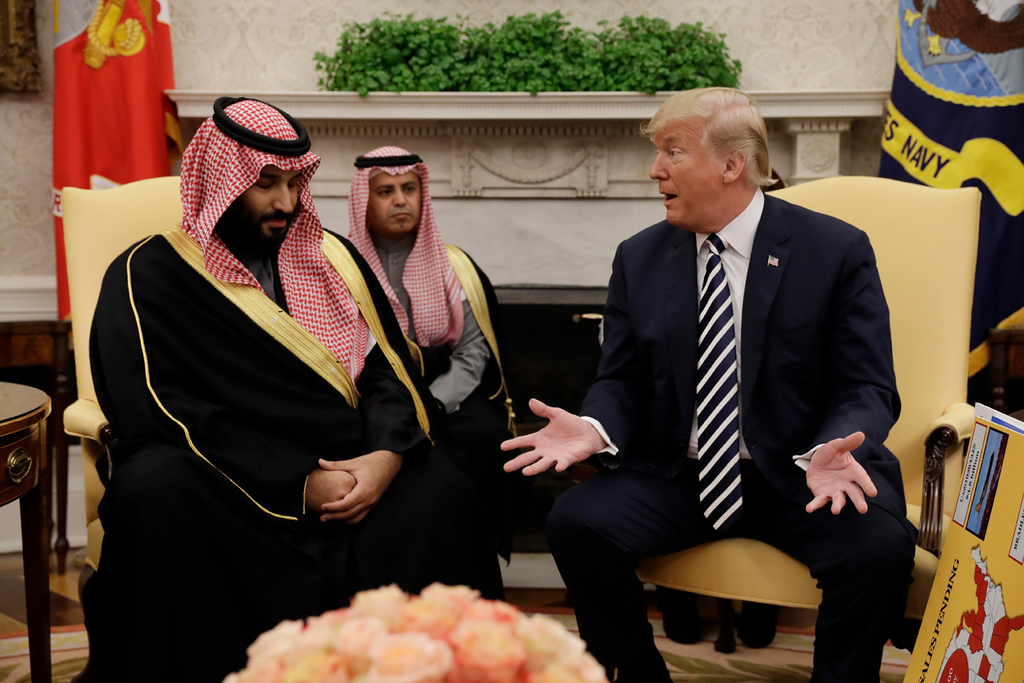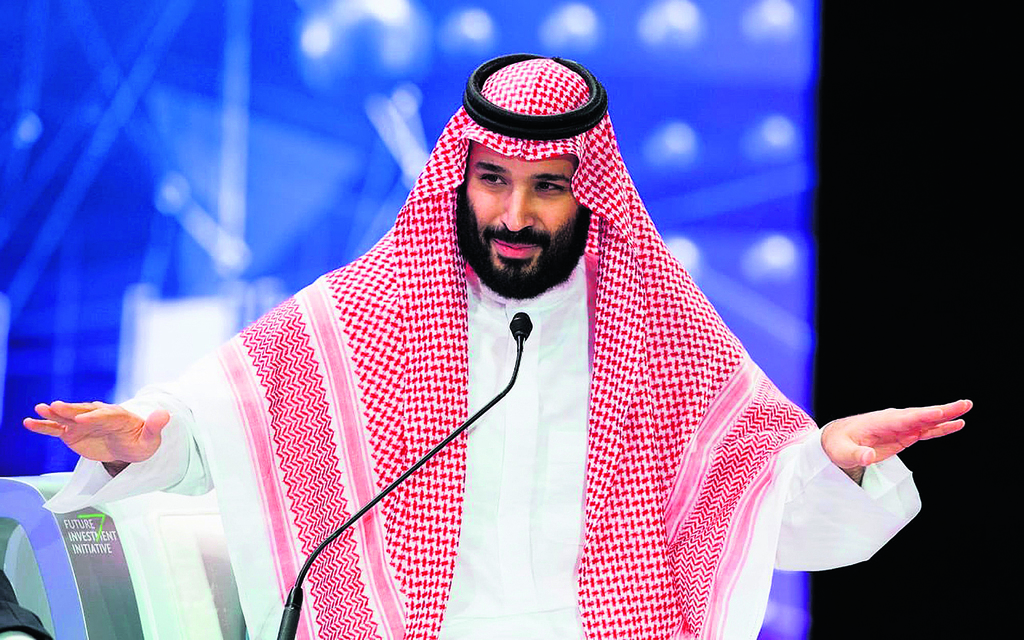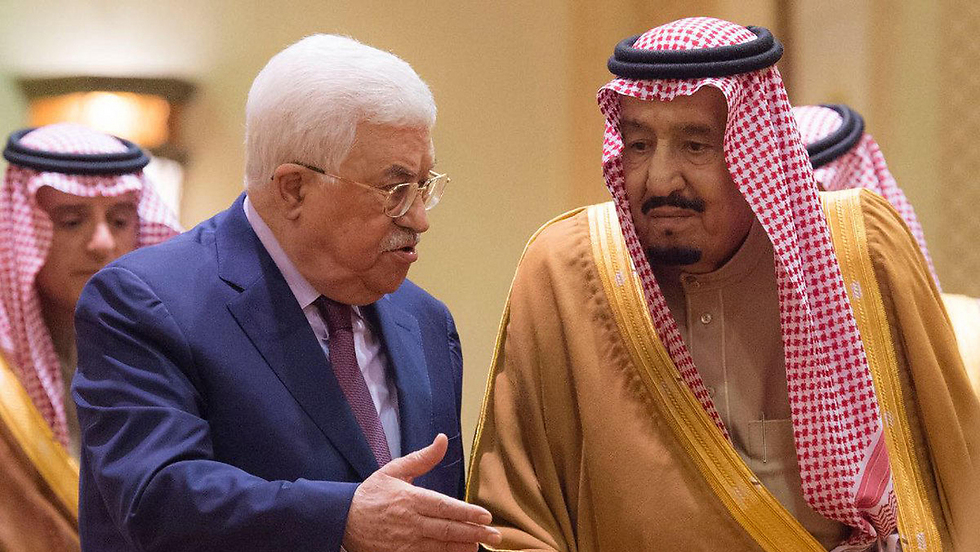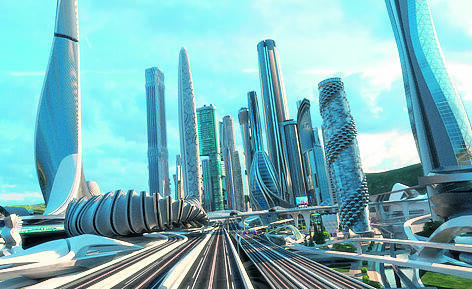Despite all the rumors and hopes of headway regarding Israel and Saudi Arabia normalizing relations, a poll conducted in the kingdom several days ago sheds some light on the reality of the situation.
According to the survey, only 9% of Saudis support normalizing relations with Israel, 3% said they do not know and the rest - an overwhelming majority - said they do not support it.
Asked to explain their lack of support, 60% said the Palestinians are more important than Israel, 30% said "they cannot trust Israel" and about 10% refused to give an explanation.
It should be noted that public polls are a rare sight in Saudi Arabia. Many of the public refuse to take part so as to avoid accidentally angering the regime.
Another important thing to note is that at the end of the day, the public's opinion does not really make a difference within the opulent palaces of Riyadh.
However, even the young and modern generation, whose members took part in this survey, issued a resounding "no" to normalization with Israel.
Two generations currently reside within the House of Saud.
The older is represented by the aging King Salman, who has insisted on sticking to the principles of the 2002 Arab peace plan, which conditions Israel normalizing relations with the Arab world on a free Palestinian state on the 1967 borders.
The younger generation is exemplified by Crown Prince Mohammed bin Salman, who prefers covert relations with Israeli security experts and gave his blessing to Bahrain's decision to normalize relations with the Jewish state.
Without his approval, the agreement would have never taken place. The prince is not bothered with public opinion polls or how difficult it would be to sell peace with Israel to the Saudi people - and he is not alone.
Sheikh Abdulaziz al-Sheikh, the Grand Mufti of Mecca, gave a sermon last weekend where for the first time he praised what he called the warm bonds Saudi Arabia has made with the "People of the Book" (Christians and Jews).
"Resistance," a movie telling the story of French actor Marcel Marceau, who joined the Resistance in World War II in order to help save 10,000 Jewish orphans from Nazi forces, was set to be screened during the Saudi Arabia Film Festival eventually canceled due to the coronavirus pandemic.
Many within the kingdom's education system are now working hard to change the curriculum in schools: no longer are the words monkeys and pigs used as pseudonyms for Jews and the name of the State of Israel has been added to maps of the Middle East.
4 View gallery


Saudi Crown Prince Mohammed bin Salman meeting with U.S. President Donald Trump at the White House
(Photo: AP)
As long as King Salman remains on the throne and Donald Trump's chances of reelection remain murky, there will be no surprise shift in Saudi Arabia's position on normalizing relations with Israel.
The crown prince, however, wields enough power to change national opinion in a blink of an eye, in addition to the fact that the kingdom and Jerusalem see eye to eye when it comes to the Iranian threat.
Mohammed bin Salman also knows that any normalization agreement or overt relationship with Israel will help improve Saudi Arabia's problematic image in the U.S.
If there is one place that epitomizes this trajectory is the planned northern city of Neom, which was earmarked for construction close to the Gulf of Aqaba, where Jordan, Egypt and Israel meet.
Officials in bin Salman's inner circle have already reportedly made discreet contacts with Israeli agriculture, technology and planning experts.
For now, Israel and Saudi Arabia would have to make do with these "covert" relations, as long as the father is on the throne and the son is busy thinking about his kingdom's future.




